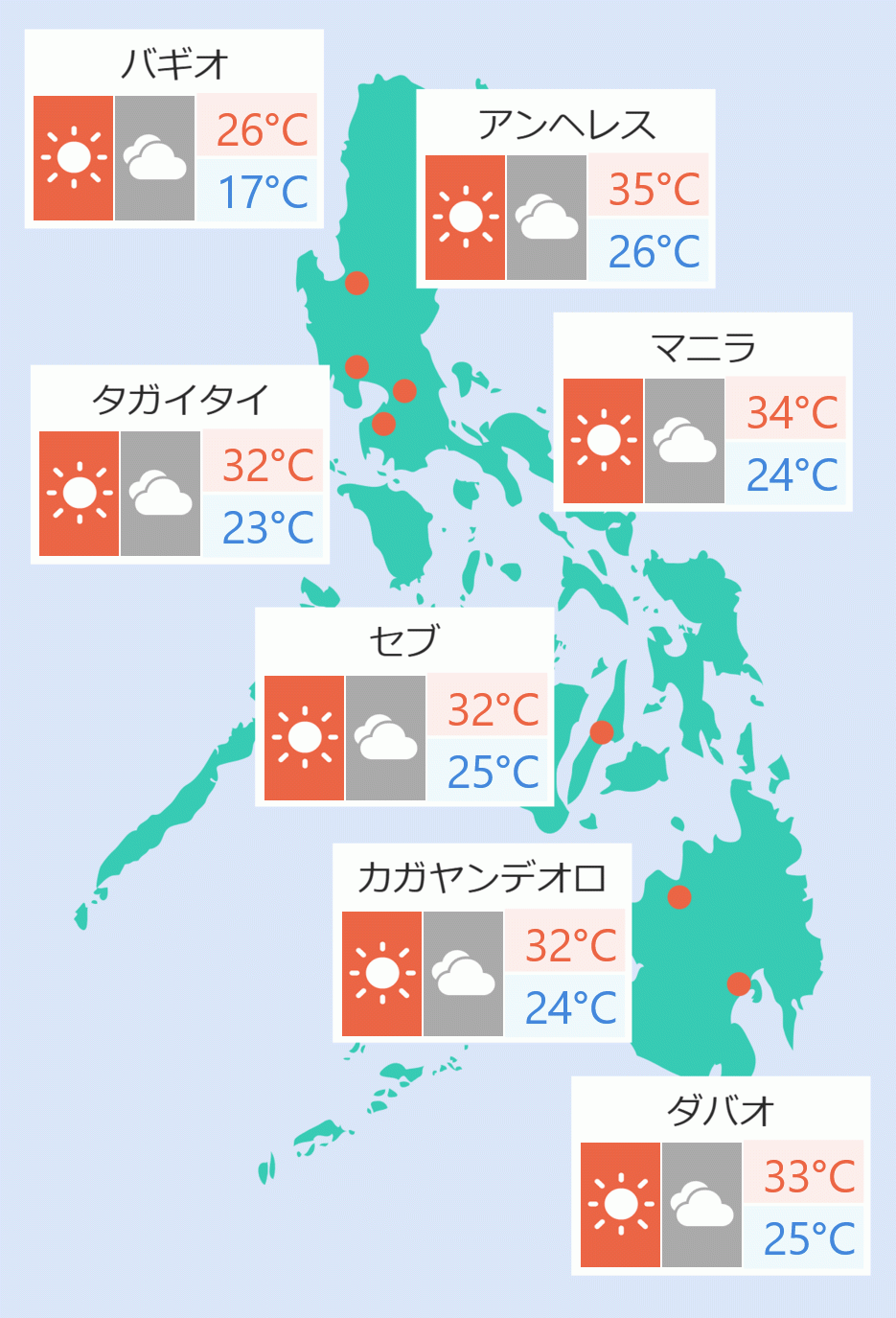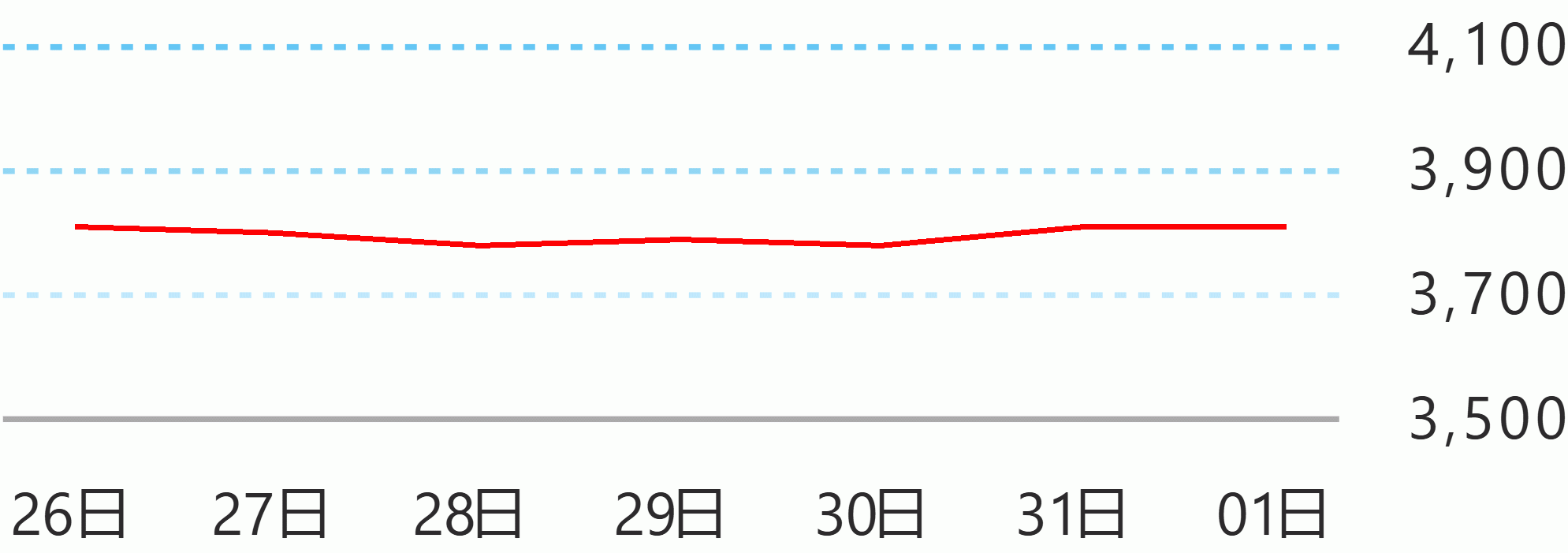Residents affected by the Marawi siege remained satisfied with the performance of President Rodrigo Duterte despite being not hopeful the city will fully recover, according to the latest Social Weather Station (SWS) survey Wednesday.
As the SWS includes the Bangsamoro Autonomous Region in Muslim Mindanao (BARMM), the number of their respondents in Mindanao increased to 600.
It said BARMM respondents were more rural than the rest of the country but has relatively young population.
On their special report, they found out that one of the pressing issues facing residents of the BARMM is the rehabilitation of Marawi City after the siege in 2017.
“Some two years after the government had declared Marawi City liberated, residents of the Most Affected Area (MAA) have still not been allowed to rebuild,” SWS said.
Though they found that nationwide opinion is hopeful that the damaged areas of Marawi City can fully recover at net +75, BARMM respondents are somewhat less optimistic at a net +65.
According to their survey, 87 percent of Filipinos are very hopeful and nine percent were not hopeful that the Islamic city will fully recover while respondents from most affected by the siege of Marawi, the Maranaos are very much less hopeful at net +27 or 64 percent hopeful and 36 percent were not.
Despite doubts about this particular issue, BARMM respondents are more satisfied with the performance of the national administration at an “excellent” +81 net satisfaction than the “very good” overall Philippine net satisfaction of +67.
SWS said this greater satisfaction is even more evident when it comes to the performance rating of President Rodrigo Duterte.
For the Philippines Duterte has a “very good” net +65 satisfaction rating with “excellent” +74 for non-BARMM areas, a stratospheric “excellent” +90 for BARMM areas.
“It may well be that the long-awaited Bangsamoro Organic Law providing for enhanced autonomy for the region, a key campaign promise of President Duterte and which he has shepherded through Congress and a plebiscite ratification, is what drives the “excellent” performance rating that the BARMM respondents give him,” the survey said.
But when it comes to self-rated poverty, BARMM has a higher self-poverty rate of 59 percent.
“Self-rated poverty in the rest of Mindanao is closer to the BARMM than to the country as a whole,” SWS said.
Self-rated poverty in the the Philippines as whole stood at 42 percent in the third quarter of 2019, close to the record low of 38 percent reached in early 2019.
The SWS special report was conducted on September 27-30, 2019 which allows statistical analysis of the opinions of residents from BARMM after they gained enhanced autonomy this year with the ratification in a plebiscite of the Bangsamoro Organic Law. Ella Dionisio/DMS





 English
English










